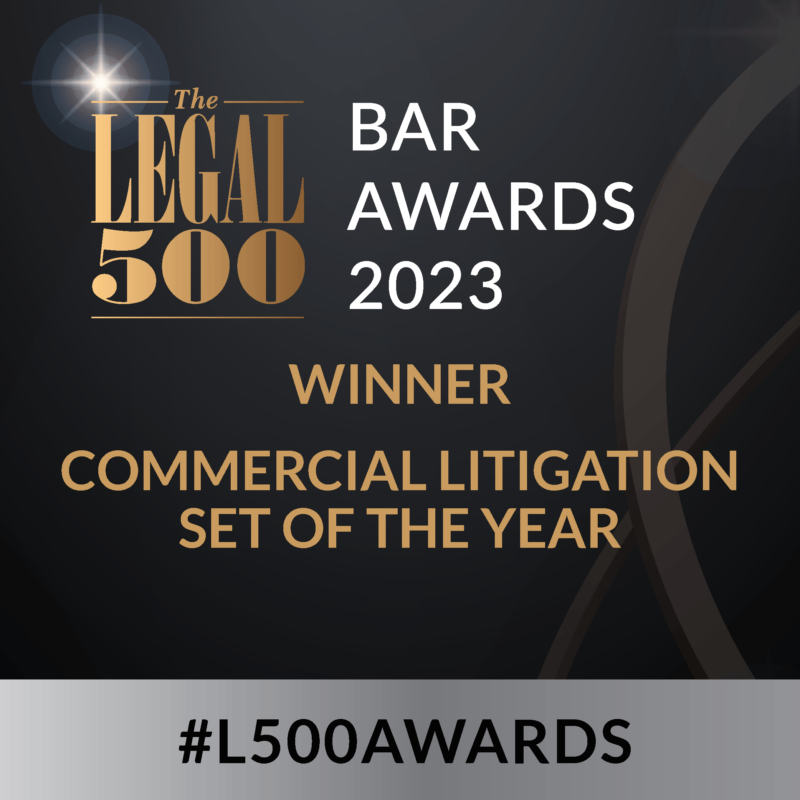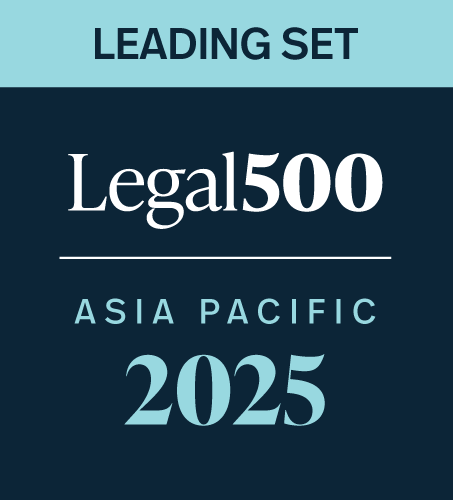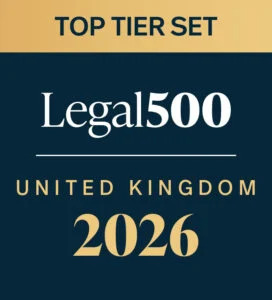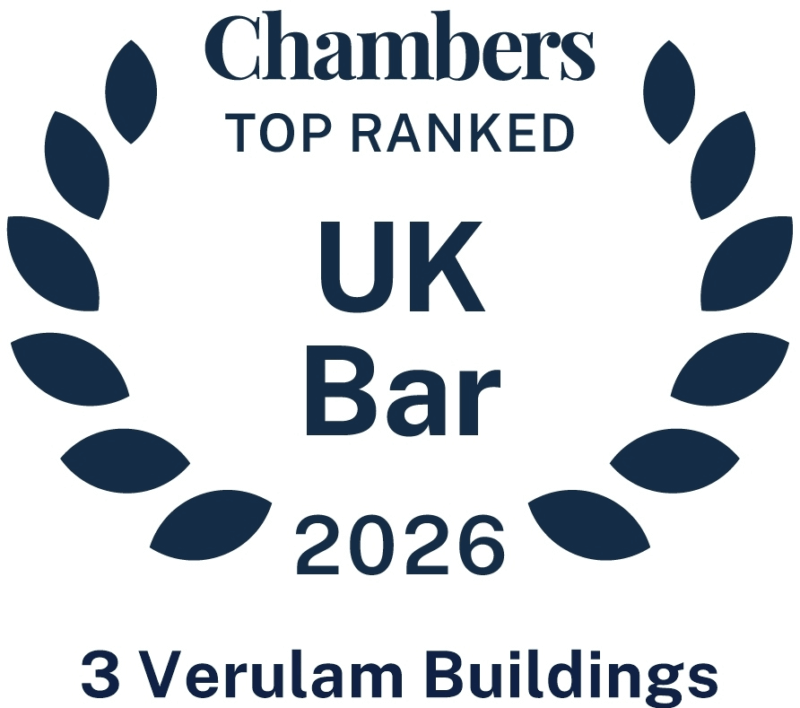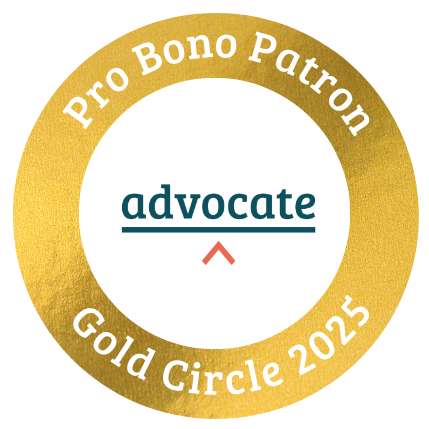Ali Malek KC and James McWilliams success for VietJet Aviation before the Court of Appeal
On 14 November 2025, the Court of Appeal handed down judgment in FW Aviation (Holdings) 1 Limited v VietJet Aviation Joint Stock Company [2025] EWCA Civ 1458. It is the latest decision in the hard fought litigation between the prominent Vietnamese airline and FWA, part of the global private investment firm FitzWalter Capital.
The appeal concerned an application by FWA to amend a contempt application to make new allegations of contempt against VietJet and two of its officers. It was alleged that VietJet, in sending a series of letters to public authorities in Vietnam, had attempted to circumvent an interim injunction that prohibited it from interfering with FWA’s right to possession, custody and control of four Airbus A321 aircraft. FWA accepted that, in acting as it had, VietJet had not breached the injunction but nevertheless contended that VietJet, in acting contrary to what it said was the spirit and purpose of the injunction, had interfered with the due administration of justice and committed a criminal contempt.
VietJet opposed FWA’s application to amend below but, save for one allegation, permission was granted for the same by Mr Justice Picken ([2025] EWHC 380 (Comm). It therefore appealed to the Court of Appeal, contending that the contempts alleged by FWA were bad in law. The issue on the appeal was a short but important one, namely whether a respondent to an injunction can commit a contempt of court in relation to the injunction without breaching it, for example by attempting to circumvent the injunction or taking steps to frustrate its purpose.
In a judgment given by Lord Justice Males with which Lord Justice Baker and Lady Justice Falk agreed, the Court of Appeal allowed VietJet’s appeal and held that an injunction respondent cannot be liable in criminal contempt for so acting. It reasoned as follows.
First, the cases relating to civil contempt for the breach of an injunction emphasise that the injunction must state clearly and unequivocally what conduct is prohibited so that the respondent knows precisely what it may and may not do. The Court of Appeal accepted VietJet’s submission that it would be inconsistent with these principles to hold that an injunction respondent could be in contempt for doing an act which, although not prohibited by the injunction, was contrary to an undefined spirit or purpose of the injunction. It would be to replace certainty with impressionism.
Second, the leading authorities in relation to criminal contempt of court by third parties to an injunction (who cannot themselves be liable in civil contempt) all showed that where it is alleged that the third party has frustrated the purpose of the injunction, the third party can only commit a criminal contempt by doing an act which is prohibited by the injunction. For example, a newspaper that publishes something which it knows the injunction respondent has been prohibited from publishing or a bank which knows of a freezing order which deals with funds which are frozen. In an injunction case, there will only be the actus reus of a criminal contempt by a third party if there is both (i) the commission of an act which, if done by the injunction respondent, would be a breach of the injunction; and (ii) an interference with the administration of justice in the action between the claimant and the injunction respondent.
Once it was understood that references in the authorities to a third party being liable in contempt for frustrating the purpose of the injunction did not mean that the third party could be liable for doing acts which were not actually prohibited by the injunction, it was clear that the injunction respondent could not be liable either. The law of criminal contempt could not be invoked to extend the scope of the injunction beyond its terms.
The case is a welcome clarification by the Court of Appeal as to the principles underlying the criminal contempt of court jurisdiction in relation to injunctions. For commercial and civil fraud practitioners, it serves as an important reminder as to the care that must be taken when drafting an injunction. As the Court of Appeal observed, an applicant for an injunction must ensure that all of the conduct which it seeks to prohibit is in fact properly defined in the terms of the order which it asks the court to make.
Ali Malek KC and James McWilliams appeared along with Alexander Milner KC for VietJet and were instructed by King & Spalding International LLP.
A copy of the judgment is available here.




